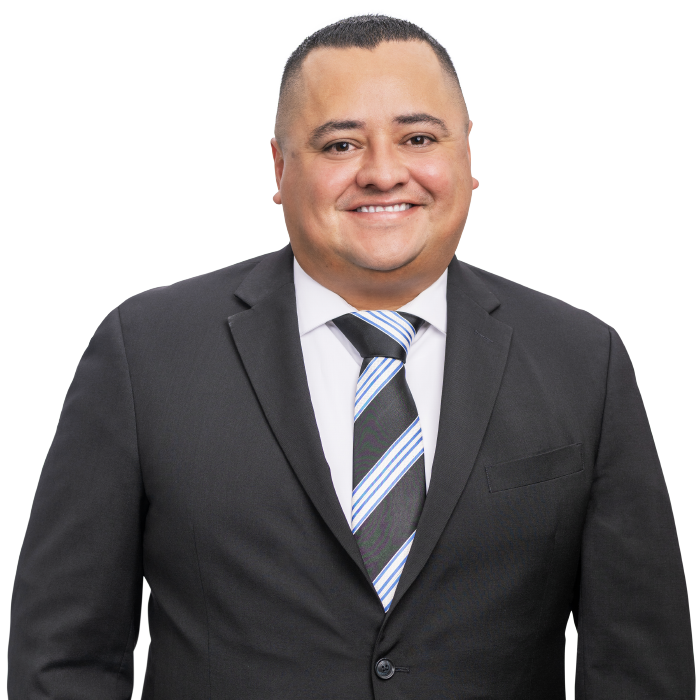
Determining a “Super Majority” When Council Members are Missing
California Appellate Court Looks to Local Ordinance’s Intention for Determination
In determining what makes a “super majority” of a governing body, a California appellate court said the entire number of seats on the body must be considered — not just the number of officials voting on the matter.
The Fifth District Court of Appeal’s decision stemmed from a dispute over how the City of Madera’s Municipal Code applied to a Planning Commission permit denial appeal. The Code says that a super majority of the City Council was required to overturn a Planning Commission decision, and states: “[A] five-sevenths vote of the whole of the Council shall be required to grant, in whole or in part, any appealed application denied by the Commission.”
In dispute was an application submitted to obtain conditional use permits to sell tobacco products, beer and wine that the Planning Commission denied. The applicant appealed the denial to the seven-member City Council, which voted four-to-one to grant his appeal — with one councilmember recused and another council seat vacant. The appeal was denied for lack of five votes.
The applicant took the issue to court, arguing that the local ordinance requirement of a five-sevenths vote of those councilmembers present and voting was met with the four votes received.
As originally enacted, the applicable Municipal Code provision provided:
“A four-fifths vote of the whole of the Council shall be required to grant, in whole or in part, any appealed application denied by the Commission.”
When first adopted in 1961, the Council consisted of five members. Because the number of councilmembers increased to seven in 2012, the City amended the ordinance. The City Council adopted a resolution to amend the subsection to read:
“A five-sevenths vote of the whole of the Council shall be required to grant, in whole or in part, any appealed application denied by the Commission.”
In recommending the adoption of the new ordinance, City staff recommended the five-sevenths standard (71 percent) because it more closely aligned with the original four-fifths standard (80 percent). Staff found that the standards more closely aligned with the purpose and intent of the ordinance, which is not necessarily to restrict Council reevaluation of a Planning Commission action, but instead to allow for fair reevaluation of Commission decisions when appealed to the City Council.
The court concluded that the ordinance confirmed that the City intended the “whole of the Council” to mean the seven-member Council, regardless of the actual number of voting councilmembers. The 71 percent requirement, based on the total number of councilmembers, indicated that the City intended the whole of the Council to be factored and not just those members voting in an appeal. Accordingly, the applicant was required to obtain five votes in favor of granting his appeal to reverse the Planning Commission’s decision to deny his application.
The applicant also contended that the lack of having a full council deprived him of a fair hearing because of the recused councilmember and vacant seat. The court found that, under California law, a vacant council seat is included in determining whether a quorum exists. Thus, the court reasoned it was proper to include the vacant city council seat in determining whether the applicant obtained sufficient votes to grant his application.
Another option would have been for the applicant to request a continuance of the hearing until the vacant seat was filled to better increase his chance of prevailing.
The decision was filed in the case of Lateef v. City of Madera.
For more information about this decision and how it may impact your organization, contact the authors of this Legal Alert listed at the right in the firm’s Municipal Law practice group or your BB&K attorney.
Please feel free to share this Legal Alert or subscribe by clicking here. Follow us on Facebook @BestBestKrieger and on Twitter @BBKlaw.
Disclaimer: BB&K Legal Alerts are not intended as legal advice. Additional facts or future developments may affect subjects contained herein. Seek the advice of an attorney before acting or relying upon any information in this communiqué.



